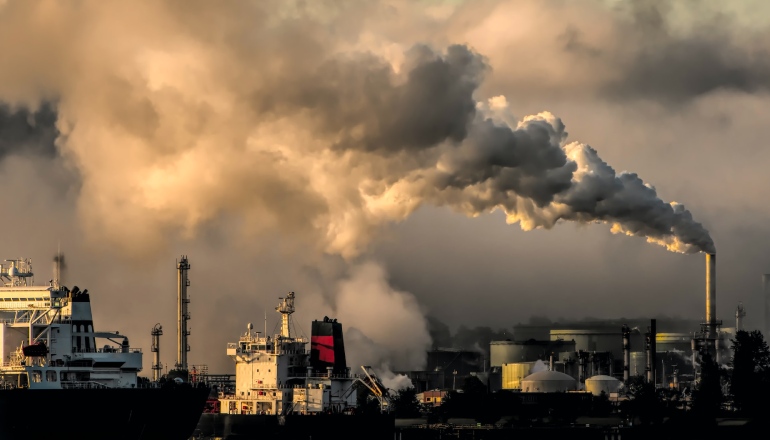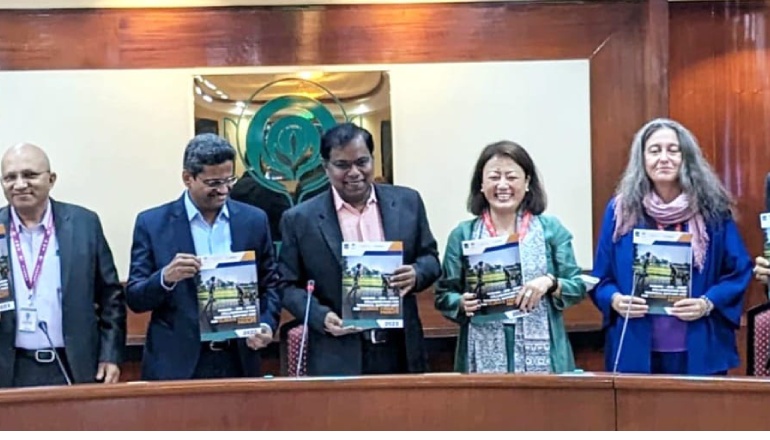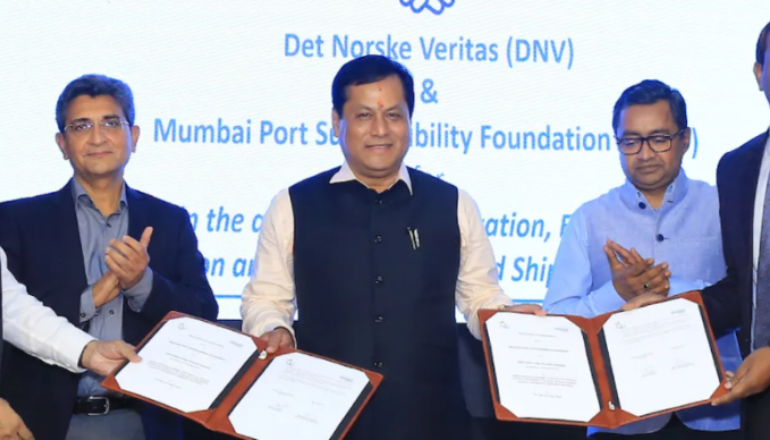As per KBPO, fossil fuel lobbyists attend UN climate talks more than 7000 times to influence climate action. The Kick Big Polluters Out, or KBPO coalition has made a startling revelation days ahead of COP28 in Dubai.
In a new investigative analysis, it has alleged that fossil fuel lobbyists attend UN climate talks more than 7000 times as part of a decades-long campaign to influence climate action.
KBPO highlighted the fossil fuel lobby’s significant role in climate change efforts. It signified the obstructive presence just before COP28, a controversial event largely influenced by its leadership.
The coalition alleged that the findings are just the tip of the iceberg. It has urged the big polluters to quit before the COP28 Dubai talks.
The KBPO analysis:
- Delegates from major oil and gas companies and their trade groups have attended UN-led climate talks at least 7200 times over the past 20 years.
- Since COP9 (2003), fossil fuel firms disclosed employees had attended negotiations 945 times. Off these, the “Big 5” oil giants gained 267 passes. These include ExxonMobil, Chevron, Shell, BP and Total Energies.
- Trade associations representing major fossil fuel polluters have attended COPs 6581 times. They allegedly used COP to lobby for fossil fuel interests.
- It is mandatory for all COP delegates to be hosted by an official delegation from a government or an approved organization. Many of those are trade associations for fossil fuels. Delegates frequently fail to disclose their affiliation, which may refer to their work for a specific company or the interests they represent. As a result, the presence of fossil fuel companies goes unnoticed. These numbers therefore indicate a large undercount.
- For example, Since 2003, the International Emissions Trading Association (IETA) has been granted 2769 passes to attend climate talks. The trade organization is dominated by major polluters like Exxon, Chevron, and BP
- Additionally, lobbyists for fossil fuels have a history of sending delegations to COPs that do not accurately represent their interests. For instance, Patrick Pouyanné, CEO of Total Energies, was part of a German NGO delegation that attended COP27 last year. Bernard Looney, former CEO, BP, was also present at the same event as a member of the Mauritania delegation.
The coalition report in numbers:
It must be noted that KBPO has compiled and analyzed information on COP attendees since COP 9.
With at least 115 passes approved by the UNFCCC, Shell has sent the most disclosed personnel to talks out of all the oil and gas workers that we were able to identify. Shell has boasted in the past about how it had an impact on the outcome of COP21, the conference that gave rise to the 2015 Paris Climate Agreement. It is reported that the company spends millions of dollars a year on lobbying to undermine climate action.
Unknown delegates of the large Italian company Eni, which is being sued for using greenwashing and lobbying to promote the use of more fossil fuels even though it is aware of the risks, have gone to COPs at least 104 times, BP at least 56 times, Chevron at least 45 times, and Brazil’s Petrobras at least 68 times.
Along with IETA, the World Business Council for Sustainable Development (at least 979 passes) and the Business Council for Sustainable Energy (at least 558 passes) have been among the fossil fuel trade associations most well-represented at COPs. At least 473 delegates from Japan’s business federation, Keidenran, whose members include some of the biggest polluters in the nation, and at least 210 from Business Europe attended the events.
The study showed that all the top 20 trade groups attend Global North offices. Organizations from nations contributing the most to global emissions are controlling climate negotiations. They aim to influence decisions on climate action affecting Global South communities.
Not just fossil fuels:
The fossil fuel industry is not the only group of lobbyists present at COP. Transportation, agribusiness, and finance are a few more polluting industries that are heavily involved in the climate crisis but are not covered in this analysis.
By establishing explicit conflict of interest policies and more comprehensive accountability mechanisms, these new findings expand on calls made in recent years to safeguard the integrity of the UN’s climate negotiations. Last June, the UNFCCC mandated the disclosure of the representatives of participants at the COP, a significant first step toward achieving the goal that civil society had been pushing for years.
This KBPO analysis focuses on the top oil and gas producing companies, historical polluters, and trade associations frequently attending climate talks. The UNFCCC faces challenges in processing names due to its inconsistent attendance list formats and inability to require participants to disclose their affiliations. As a result, while many representatives would not have been found during this investigation, these findings represent only the tip of the iceberg in terms of fossil fuel influence.
70% of the world’s population has called for conflict of interest resolution. Over 130 US and EU legislators joined the call. Christiana Figueres, former UNFCCC head, recently said that the fossil fuel industry “should not be there.” If it is “going to be there, there will be obstructors and only to put spanners into the system.”
Civil society will closely monitor COP28’s focus on a fossil fuel-friendly conference, assessing measures to protect climate action from polluters and broader accountability of talks.
Quotes:
“The UN has no conflict-of-interest rules for COPs,” said George Carew-Jones, from the YOUNGO youth constituency at the UNFCC. “This unbelievable fact has allowed fossil fuel lobbyists to undermine talks for years, weakening the process that we are all relying on to secure our futures.”
Pat Bohland from LIFE e.V./Women and Gender Constituency, “When you have industry’s emission trading attack dog (IETA) sending more lobbyists since 2003 than scores of Global South countries combined, is it any wonder negotiations have wasted time we don’t have prioritizing dangerous distractions and false solutions like carbon markets?”
Pablo Fajardo, Union of Affected Communities by Texaco/Chevron, Ecuador, “In the year 2023, the Amazon suffered the worst drought. Rivers, lakes and lagoons dried up for the first time in history, with them thousands of living beings died. The greatest responsibility for this crisis experienced in the Amazon lies with corporations like Chevron and others, which have destroyed the environment. Time is running out.”











